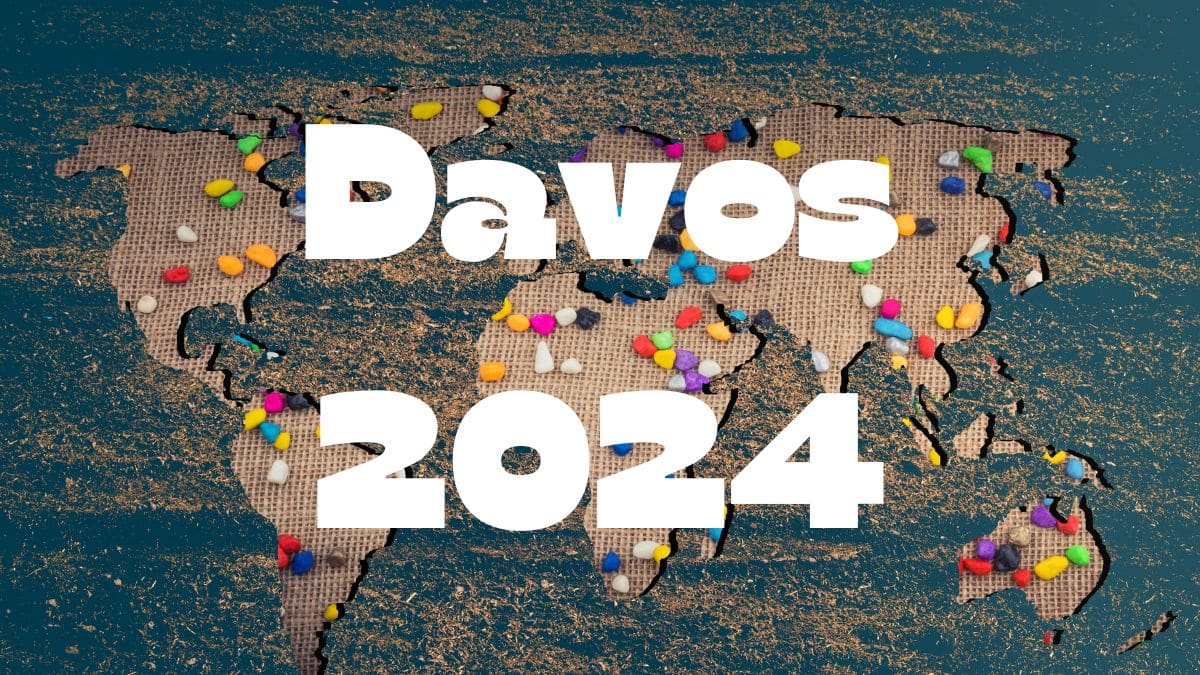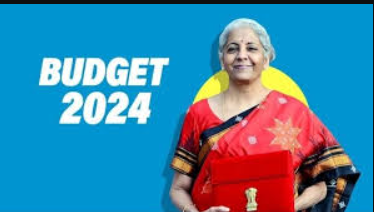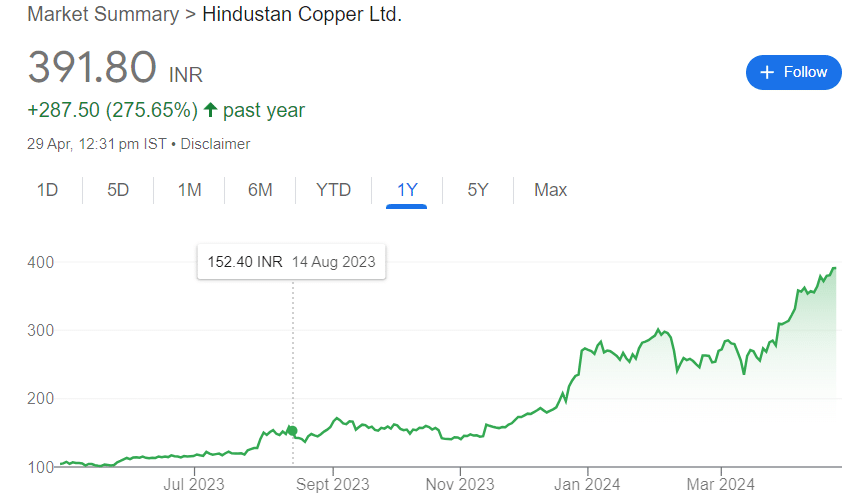Dive into the key highlights of Davos 2024, where global leaders unite to address geopolitical challenges, economic uncertainties, and advance solutions for a sustainable future
Join Our Telegram Channel To Get Daily Update
Introduction:
The 54th World Economic Forum Annual Meeting, held in Davos from 15-19 January 2024, witnessed a convergence of global leaders grappling with complex geopolitical dynamics and addressing pivotal challenges. From discussions on artificial intelligence to climate change and economic growth, the summit underscored the imperative for global cooperation, the urgency of climate action, and the need to navigate economic uncertainties.
also read World economic forum 2024: Navigating the Shifting Tides of Global Leadership
1. Leaders Need to ‘Pull Together’:
The week commenced with Børge Brende highlighting the intricacies of the geopolitical backdrop. António Guterres cautioned against geopolitical divides hindering global responses to challenges like climate change and AI, advocating for reforms in global governance. Leaders such as Ursula von der Leyen and Sheikh Mohammed bin Abdulrahman Al-Thani echoed the call for dialogue. Amid conflicts in Ukraine and Gaza, discussions explored pathways to peace, with Jake Sullivan emphasizing that peace and security are attainable when nations “pull together and make wise and bold decisions.”
2. ‘Projections are not Destiny’:
Economic discussions were dominated by the uncertain outlook for 2024. Despite a seemingly soft landing from interest rate rises and high inflation, concerns lingered over consumption, trade patterns, debt, and geopolitical risks. Leaders acknowledged the global economy’s resilience but recognized the challenges ahead. Tharman Shanmugaratnam emphasized the need for cooperation and partnerships to overcome uncertainties, stressing that “projections are not destiny.” Leaders explored new paradigms of prosperity, with Pedro Sánchez calling for a balanced model of growth.
3. ‘Humans are Going to Have Better Tools’:
Artificial intelligence took center stage, with discussions on its potential to accelerate scientific discovery. Calls for governance, regulation, and equitable distribution of benefits resonated from both the public and private sectors. Brad Smith advocated for a global approach to regulations, while Jeremy Hunt favored a ‘light-touch’ approach. Sam Altman stressed the importance of involving people in AI development, asserting that humans will always have better tools and understanding of each other.
4. ‘Urgency is Our Only Saviour’:
Tackling the existential climate crisis was a recurring theme, with Ajay Banga declaring a sense of urgency as our only savior. John Kerry emphasized the need for unconventional actions post-COP28, rejecting business as usual. The urgency to deploy existing technology faster resonated across discussions, with warnings against basing future business models on nature and resource depletion. Fatih Birol highlighted the significance of energy efficiency for competitiveness, consumer protection, and environmental responsibility. Vanessa Kerry and Jane Goodall added that the climate crisis is also a health crisis and a poignant reminder of the fragility of our only home.
Conclusion:
The Davos 2024 meeting showcased a global commitment to unity, resilience, and innovation. Leaders recognized the imperative for cooperation to address geopolitical challenges, navigate economic uncertainties, responsibly harness the potential of artificial intelligence, and urgently tackle the existential threat of climate change. Davos served as a platform for fostering dialogue, generating new ideas, and building partnerships to shape a more sustainable and equitable future.
Source: Davos 2024: 4 things to know











1 thought on “Reflecting on Davos 2024: A Week of Global Unity, Economic Resilience, and Technological Frontiers”
Comments are closed.